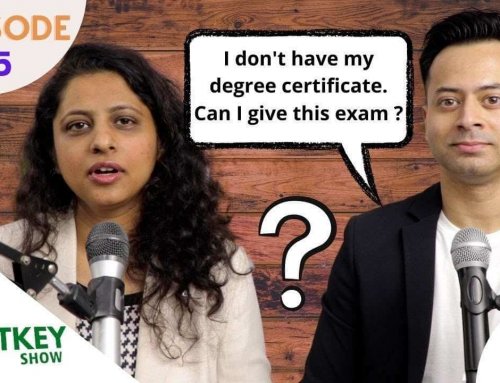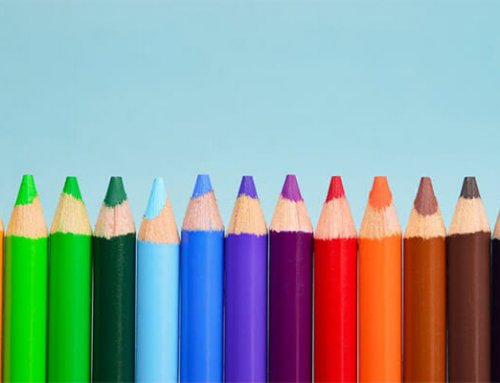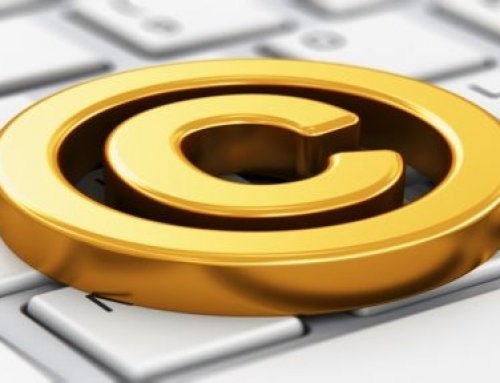Section 19 of the Copyright Act 1957 lays down the modes of assignment of copyright in India. Assignment can only be in writing and must specify the work, the period of assignment and the territory for which assignment is made If the period of assignment is not specified in the agreement, it shall be deemed to be 5 years and if the territorial extent of assignment is not specified, it shall be presumed to be limited to the territories of India.In a recent judgment (Pine Labs Private Limited vs Gemalto Terminals India Limited), a division bench of the Delhi High Court confirmed this position and held that in cases wherein the duration of assignment is not specified, the duration shall be deemed to be five years and the copyright shall revert to the author after five years.
Copyright infringement is the use of works protected by copyright law without permission, infringing certain exclusive rights granted to the copyright holder, such as the right to reproduce, distribute, display or perform the protected work, or to make derivative works. The copyright holder is typically the work’s creator, or a publisher or other business to whom copyright has been assigned.
Copyright holders routinely invoke legal and technological measures to prevent and penalize copyright infringement.Bollywood has been waking up to copyright infringement cases because of the recent trend of remaking films based on south Indian films and taking inspiration from Hollywood films has shifted the focus to the cause of protection of intellectual property rights in entertainment industry. For a long time, film makers in Hollywood were largely unaware of their films being copied in India. The unlicensed copying of movies, changing a few sequences in the film and conveniently passing them off as “inspirations” to avoid giving credit to the original filmmakers is an all too familiar practice here. But the scenario is slowly changing now, with Hollywood on the defensive for protecting their work by setting up offices in India to monitor any unlicensed copying of American movies.
In 2010, for the first time, a successful suit was filed by Twentieth Century against Sohail Maklai Entertainment for the unlawful remake of Twentieth Century’s 2002 thriller Phone Booth, into Knock Out. It was for the first time when an Indian court ruled that Bollywood infringed a Hollywood copyright. The Bombay High Court awarded Twentieth Century injunctive relief until Sohail Maklai Entertainment paid $340,000 in damages.
DIFFERENCES BETWEEN PLAGIARISM AND COPYRIGHT
The Copyright Act 1957 governs the subject of copyright laws in India. Copyright is a bundle of rights given by the law to the creators of literary, dramatic, musical and artistic works and the producers of cinematograph films and sound recordings. The rights provided under Copyright law include the rights of reproduction of the work, communication of the work to the public, adaptation and translation of the work. India is a member of most of the important international conventions governing the area of copyright law, including the Berne Convention of 1886 (as modified at Paris in 1971), the Universal Copyright Convention of 1951, the Rome Convention of 1961 and the the Agreement on Trade Related Aspects of Intellectual Property Rights (TRIPS). The duration of the copyright protection for literary, dramatic, musical and artistic work is till the lifetime of the author or until 60 years from the beginning of the calendar years next following the year in which the work is first published.
Section 19 of the Copyright Act 1957 lays down the modes of assignment of copyright in India. Assignment can only be in writing and must specify the work, the period of assignment and the territory for which assignment is made If the period of assignment is not specified in the agreement, it shall be deemed to be 5 years and if the territorial extent of assignment is not specified, it shall be presumed to be limited to the territories of India.
In a recent judgment (Pine Labs Private Limited vs Gemalto Terminals India Limited), a division bench of the Delhi High Court confirmed this position and held that in cases wherein the duration of assignment is not specified, the duration shall be deemed to be five years and the copyright shall revert to the author after five years.
Copyright infringement is the use of works protected by copyright law without permission, infringing certain exclusive rights granted to the copyright holder, such as the right to reproduce, distribute, display or perform the protected work, or to make derivative works. The copyright holder is typically the work’s creator, or a publisher or other business to whom copyright has been assigned. Copyright holders routinely invoke legal and technological measures to prevent and penalize copyright infringement.
Bollywood has been waking up to copyright infringement cases because of the recent trend of remaking films based on south Indian films and taking inspiration from Hollywood films has shifted the focus to the cause of protection of intellectual property rights in entertainment industry.
For a long time, film makers in Hollywood were largely unaware of their films being copied in India. The unlicensed copying of movies, changing a few sequences in the film and conveniently passing them off as “inspirations” to avoid giving credit to the original filmmakers is an all too familiar practice here. But the scenario is slowly changing now, with Hollywood on the defensive for protecting their work by setting up offices in India to monitor any unlicensed copying of American movies.
As these two words plagiarism and copyright infringement may sound similar but these two are different in many ways. Copyright infringement is a very broad term, rooted in the law, that covers a wide range of unlawful activities that violate the rights to copyright holders. copyright infringement is a construct of the law, plagiarism is a construct of ethics. Anything that is seen as an unethical and unattributed use of another’s original creation can be defined as plagiarism.





